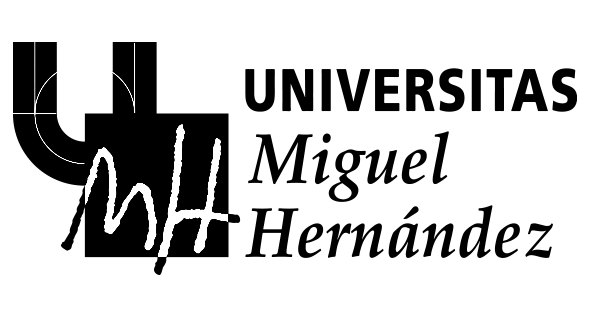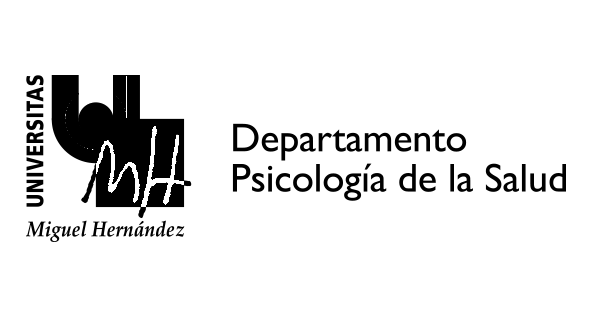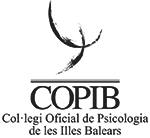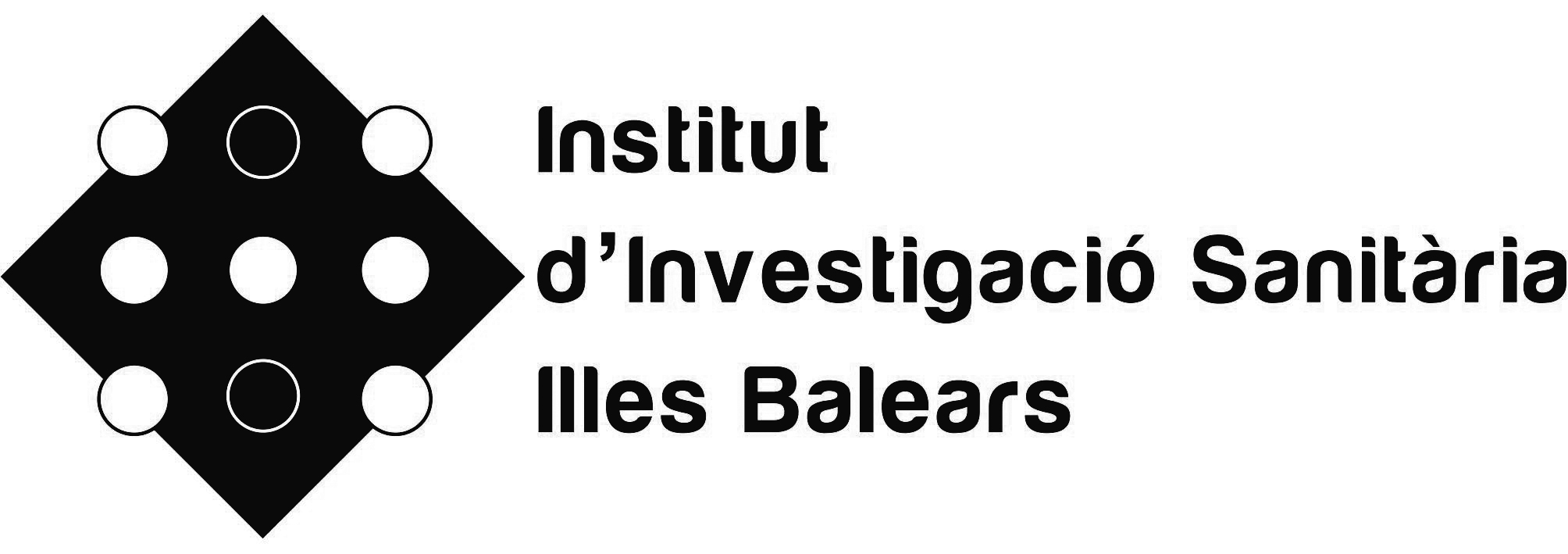Mateu Servera
University of the Balearic Islands, Spain
DIAGNOSIS AND SUBTYPES OF ADHD: WE ARE NOT DOING SOMETHING WELL
Abstract
Attention Deficit Hyperactivity Disorder (ADHD) has always been controversial. However, in recent times, and especially following the publication of the DSM-5, the debate has intensified. Alarming data referring to a possible overdiagnosis, linked to an exponential increase in pharmaceutical spending and social-educational costs have joined the concern about the disparity of results found in many fields of research. In our view, most of the problems surrounding ADHD derive from how the diagnosis is made and how the subtypes are conceptualized. In the case of diagnosis, the use of different evaluation procedures and techniques, different evaluators and different selection criteria has often meant that ADHD samples are not comparable between studies. In clinical practice, there has been little use of the protocols and recommendations of clinical guidelines, partial use of the data without a clinical reference model and incomplete application of clinical criteria, which also remain so vague and unspecific that they favour the abuse of subjectivity. In the case of subtypes, there are inconsistencies in the fact that, on the one hand, the two main diagnostic systems do not coincide (the DSM-5 continues to propose three subtypes, while the ICD-10/11 none) and, on the other hand, the traditional subtypes only have certain factorial support, but not clinical support. It is proposed that a diagnostic model of predominant ADHD based on the “heuristic representativeness” of the disorder should be replaced by a more objective model based on clinical evidence and the systematic evaluation of each of the diagnostic criteria. Ultimately, the need for profound changes in these criteria through the modification of psychiatric nosologies is also guessed.
Mateu Servera is Doctor in Psychology and Psychologist Specialist in Clinical Psychology. He is a Professor at the University of the Balearic Islands since 1993, and researcher at the Research Institute in Health Sciences (IUNICS) since 2002. Prof. Servera is a reference in the study and treatment of attention deficit hyperactivity disorder (ADHD). His teaching focuses on subjects of Child Psychopathology and Behavior Therapy and post-graduate courses on ADHD. His research work has been conducted in the area of child impulsivity, behavioral problems and learning difficulties and especially in the area of ADHD. Prof. Servera has focused on improving aspects of assessment and diagnosis of ADHD: design and evaluation of lab task (sustained attention and behavioral inhibition), behavioral scales, and ADHD subtypes (eg, Sluggish Cognitive Tempo). He has also worked on other aspects of ADHD, for example, the effectiveness of Neurofeedback or the influence of parenting style and other contextual and clinical variables. Dr. Servera is the principal investigator of competitive grants and participates in multiple competitive research contracts. He is the author of more than 50 articles in scientific journals, more than 25 participations in books, book chapters, monographs or scientific documents and countless participations in conferences or scientific meetings.

